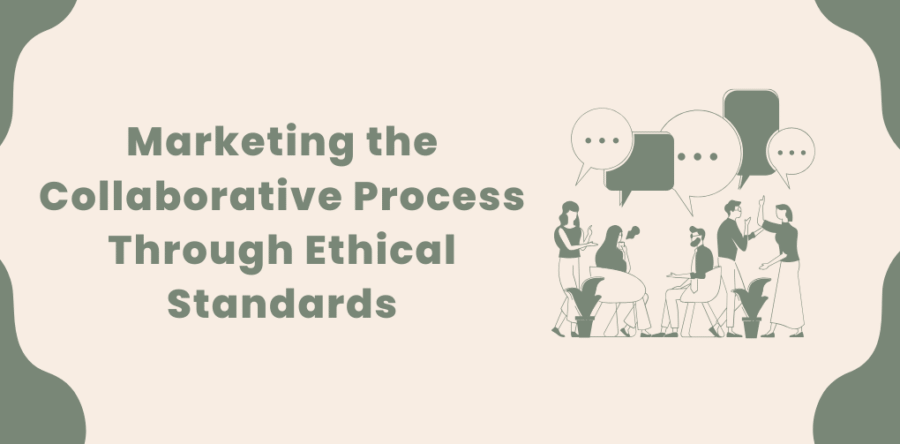One of the most powerful ways to promote the Collaborative Process is through the very principles that guide it, our ethical standards. These standards, often viewed as internal codes of conduct, can also serve as a framework for external communication and marketing. When we lead with integrity, transparency, and respect, we do more than uphold our professional values, we demonstrate to potential clients exactly why the Collaborative Process stands apart.
The Collaborative Process is built on honesty, full disclosure, and a commitment to truth. In marketing, integrity translates into authenticity. When professionals communicate clearly about what the process is, and what it is not, they help families make informed decisions rooted in trust. Marketing through integrity means focusing on outcomes like cooperation, dignity, and family-centered solutions, not promises of “winning.” It’s about inviting clients to participate in a process that aligns with their values.
Potential clients are often wary of legal and conflict-resolution processes because they fear hidden agendas or unclear costs. By marketing the Collaborative Process with transparency, explaining how fees work, what professionals are involved, and what clients can expect at each stage, we mirror the openness that defines the process itself. Transparency also extends to how we present ourselves online. Clear websites, plain language, and honest testimonials all reinforce trust before the first consultation.
Every Collaborative professional pledges to treat all parties with respect and compassion. This commitment can and should be visible in our messaging. Marketing that honors all family members, including children, and avoids blame or adversarial language instantly signals that this is a process guided by empathy. Respectful communication attracts clients who are seeking not just resolution but peace.
Even in how we market, we can model collaboration. Joint outreach from interdisciplinary teams of attorneys, mental health professionals, and financial neutrals demonstrates the cooperative spirit of the process. When professionals co-host webinars, share educational content, or appear together in community presentations, they exemplify the teamwork that clients will experience firsthand.
Finally, education is both an ethical responsibility and a marketing strategy. The more we educate the public about the Collaborative Process, through blogs, videos, speaking engagements, and community outreach, the more we fulfill our duty to expand access to healthier dispute resolution. Ethical marketing is not about persuasion; it’s about informed choice.
When Collaborative Professionals ground their marketing in ethical principles, they don’t just attract clients, they build credibility, strengthen the profession, and uphold the integrity of the movement. Ethical marketing isn’t a tactic. Ethical marketing a reflection of who we are and what we stand for.
When we market the Collaborative Process through our ethical standards, we lead with the same honesty, transparency, and compassion that define our work showing families that there’s a better, more respectful way to resolve conflict and build a healthy future.



